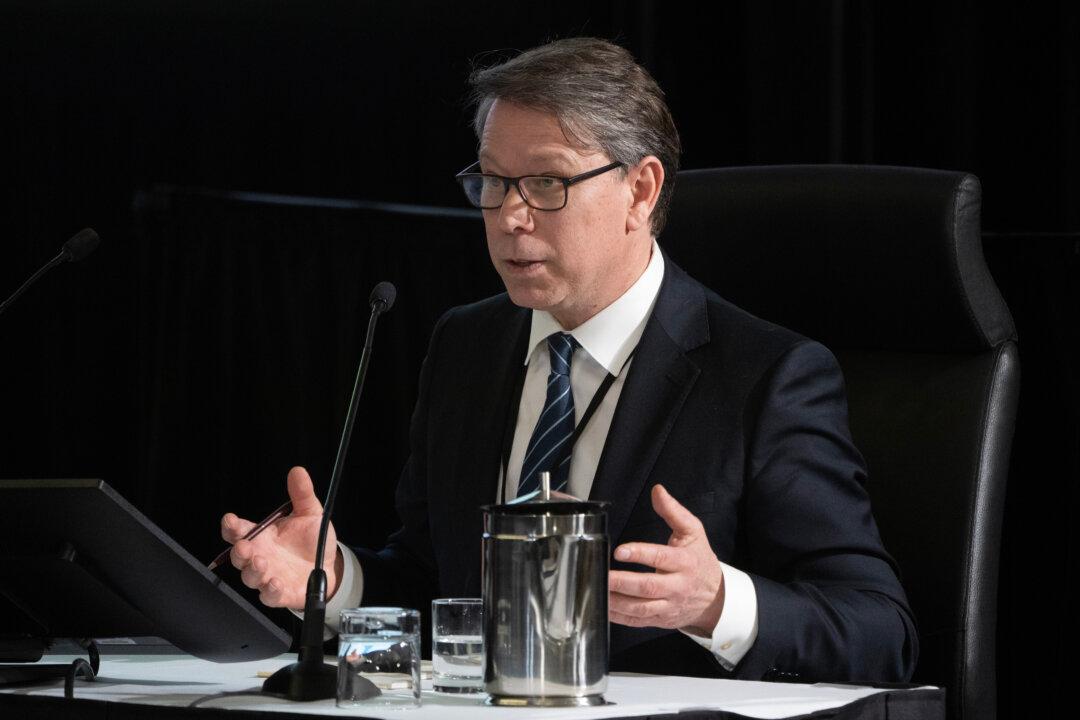The chief of Elections Canada says he does not have the resources to oversee party nominations, which have been flagged as vulnerable to foreign interference, and that doing so would impede on political freedom.
Chief Electoral Officer Stéphane Perrault, who testified at the Foreign Interference Commission on Sept. 24, said there were around 1,500 nomination contests in the last two elections to determine party candidates.





